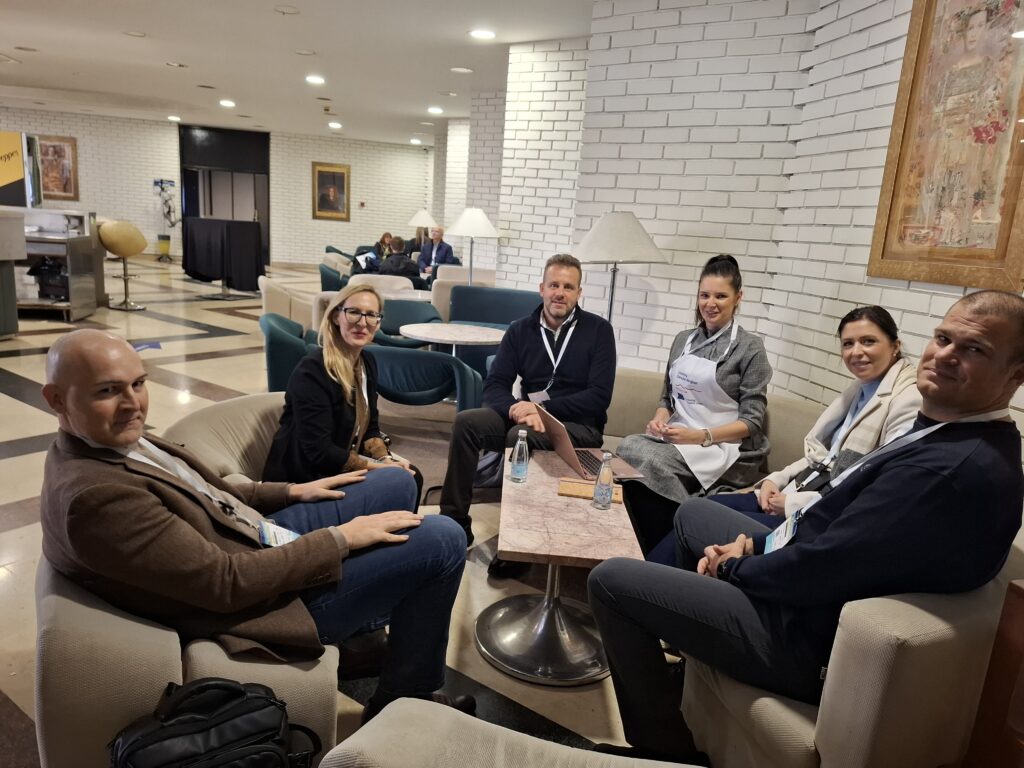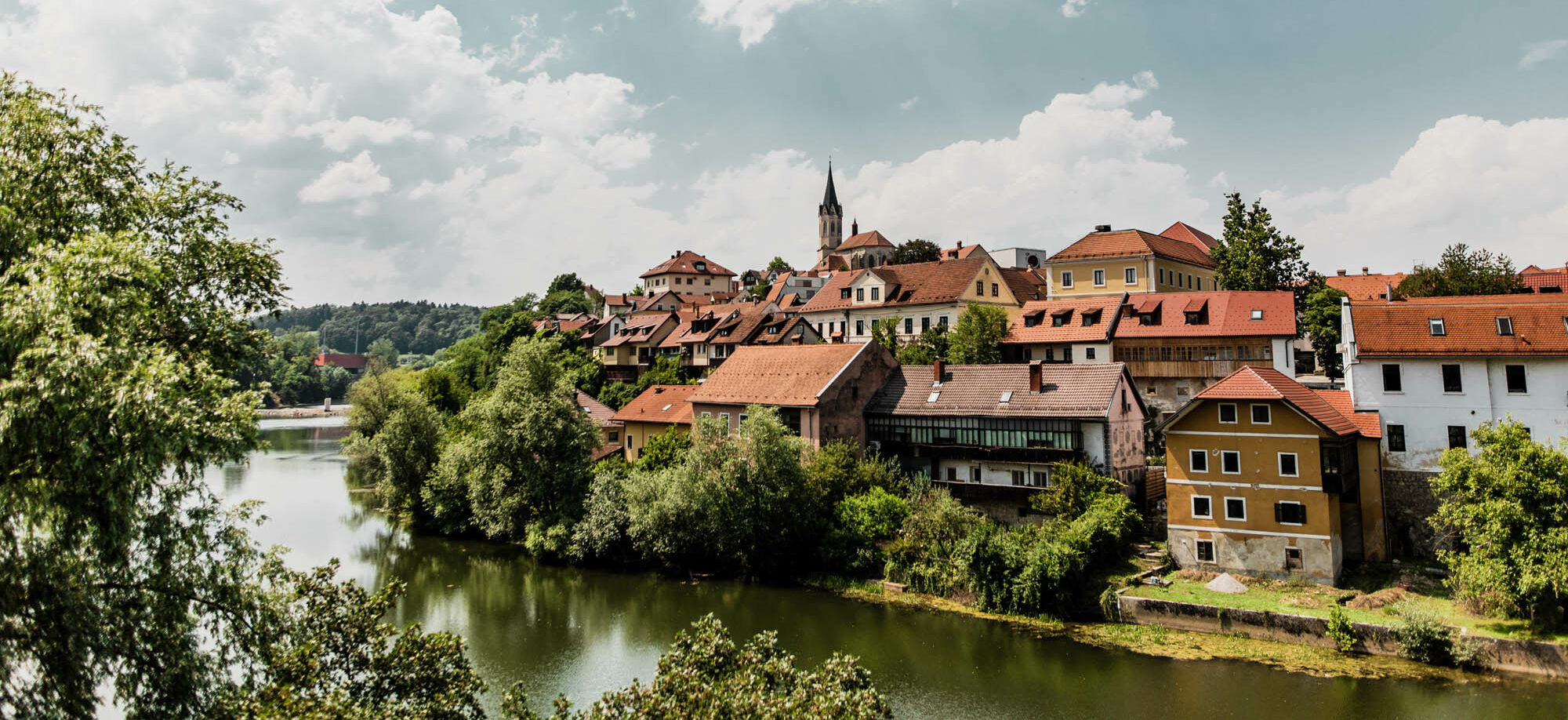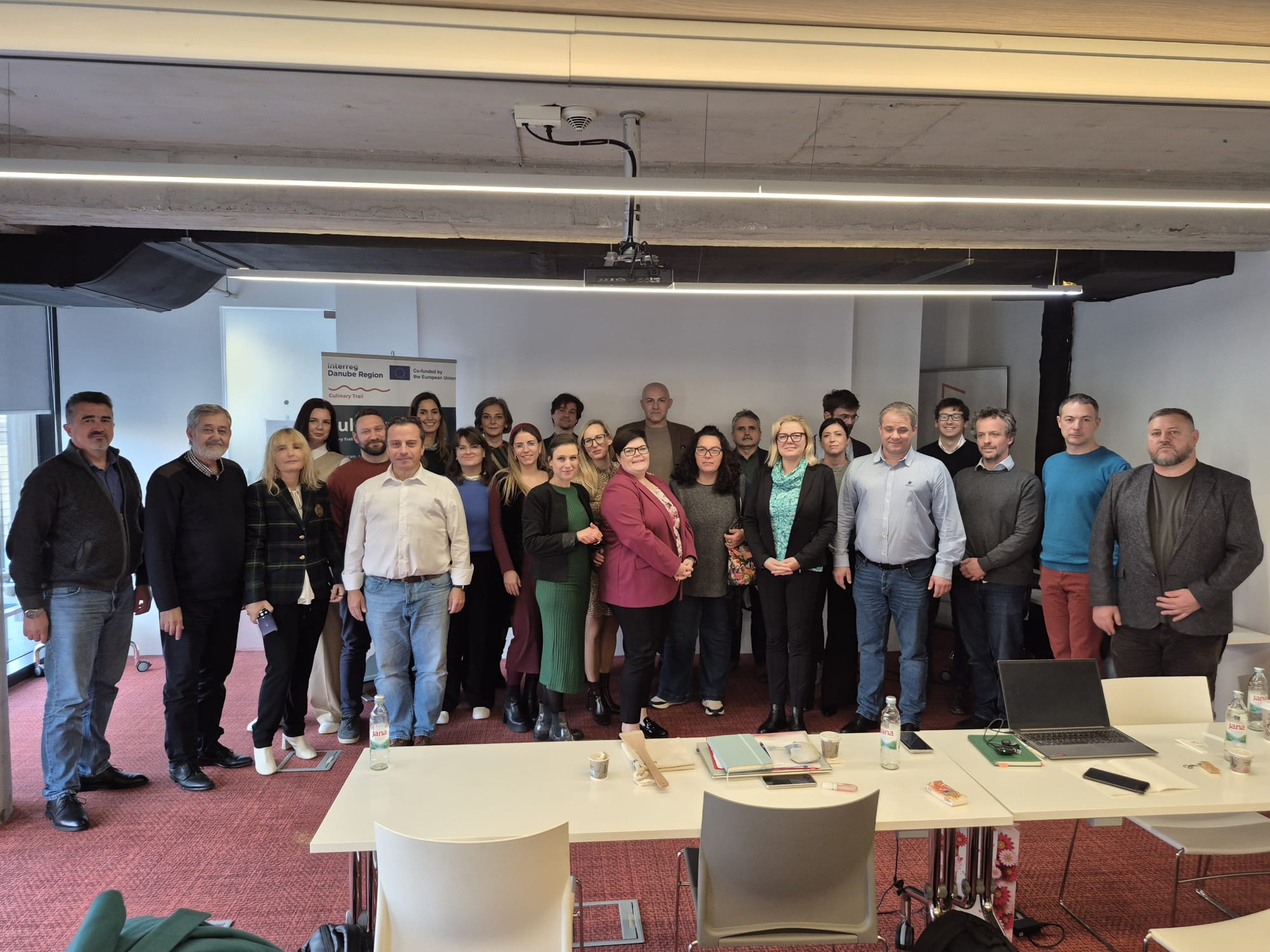
Shaping the future of tourism: Carinthia University of Applied Sciences leads with innovative projects
Nestled in the scenic Carnic Alps, the Nassfeld-Lesachtal-Weißensee (NLW) tourism region is setting a benchmark in sustainable tourism. With over 2 million overnight stays annually, the NLW Region is Austria’s first GSTC-D certified area and holds the Austrian Ecolabel for Destinations. As part of the WeNaTour project ( Welfare – Nature and Tourism) consortium, the Carinthia University of Applied Sciences (CUAS) is at the forefront of promoting a greener, more inclusive, and sustainable future for tourism.
Sustainable tourism is evolving from a niche interest into a transformative force driving economic, societal, and environmental progress. The CUAS, through its research group TRANS_SPACE, is leveraging this momentum. Recent trends, highlighted by the Booking.com Report 2023, indicate a growing traveler preference for sustainability, with 76% of participants expressing a desire for more sustainable travel habits. This shift opens new avenues for economic development and cultural enrichment.
Spotlight on the Culinary Trail Project
A key highlight under the TRANS_SPACE initiatives is the Culinary Trail project, which showcases the transformative power of sustainable tourism. The Culinary Trail of the Ethnic and Local Cuisine in the Danube Region, part of the Interreg Danube Region program, seeks to uplift 30 marginalized ethnic groups by promoting their culinary and cultural heritage. This includes local foods, viticulture, music, poetry, and traditional recipes, coupled with the scenic beauty of areas often overlooked by mass tourism.
By enhancing the visibility of these communities, the Culinary Trail supports local economies and fosters cultural appreciation. Tourists can soon experience these rich traditions through defined trails accessible by foot, bike, or culinary rafts. The project also plans food festivals and provides policy recommendations to further support sustainable tourism.
This project not only preserves cultural identities but also promotes eco-friendly practices, fostering cooperation among sustainable tourist destinations and encouraging the use of local products and short value chains. The Culinary Trail is a prime example of how tourism can serve as a bridge between research, cultural preservation, and economic development.
The Culinary Trail exemplifies how sustainable tourism can bridge research, cultural practices, and environmental conservation. It supports local economies by promoting cultural and culinary products, preserving biodiversity, and fostering positive relationships among stakeholders.
Projects like Culinary Trail underscore the transformative potential of tourism. By focusing on sustainable quality tourism, especially in rural areas, these initiatives provide a comprehensive approach to developing resilient, innovative, and inclusive tourism systems. Rather than viewing transformation as a threat, these projects demonstrate it as a source of inspiration and innovation, paving the way for a prosperous future for tourism regions.
For more information on these transformative projects, visit the WeNaTour website. Article written by Thomas Zametter – Carinthia University of Applied Sciences (CUAS); Photos provided by the NLW Region © Perauer Gertl
News & Events
Read the most recent updates and explore the upcoming events.










